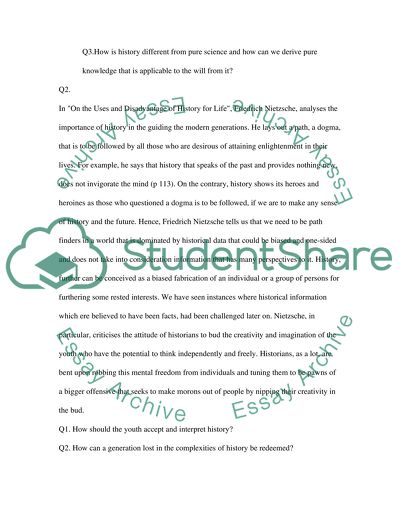Cultural studies Essay Example | Topics and Well Written Essays - 1000 words - 1. Retrieved from https://studentshare.org/miscellaneous/1541954-cultural-studies
Cultural Studies Essay Example | Topics and Well Written Essays - 1000 Words - 1. https://studentshare.org/miscellaneous/1541954-cultural-studies.


